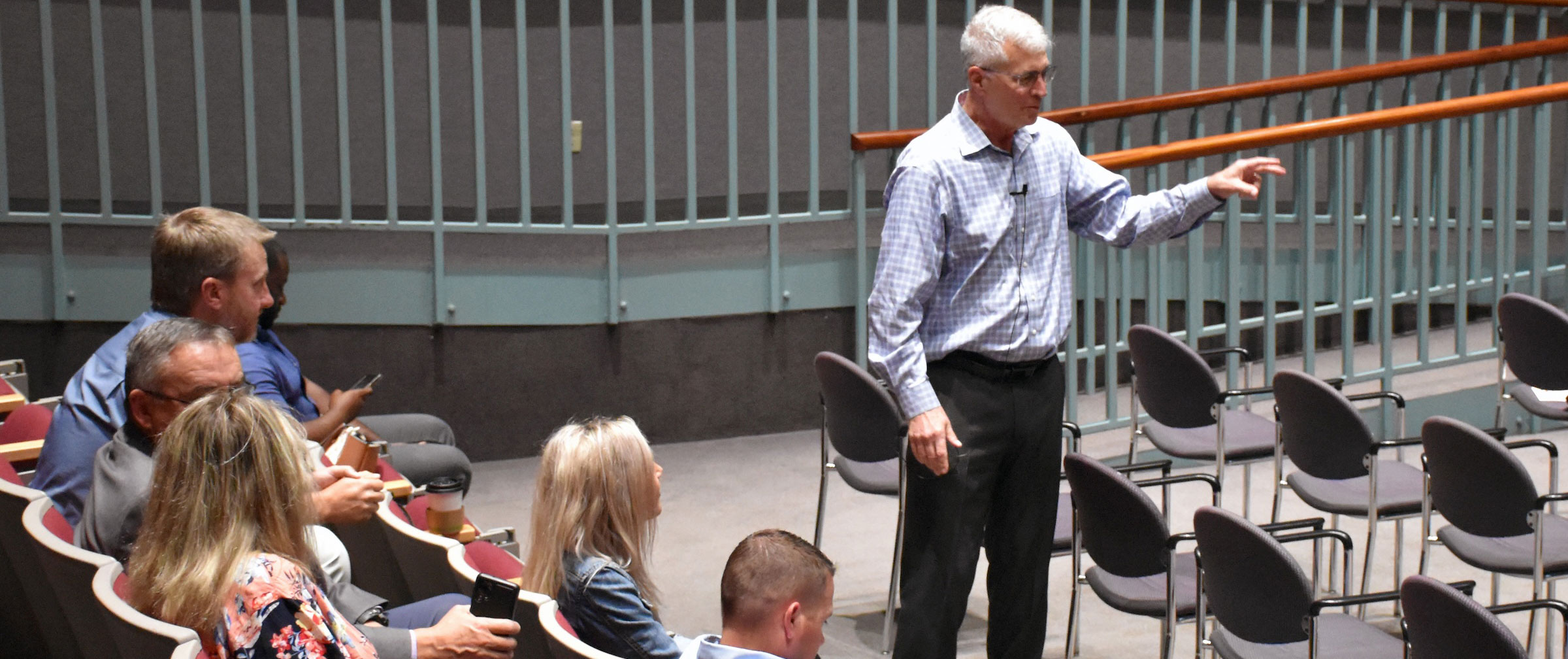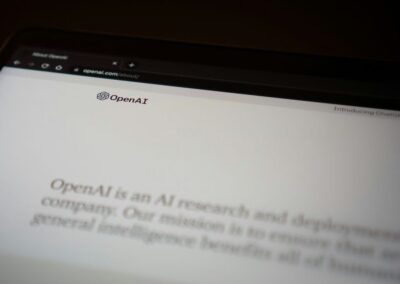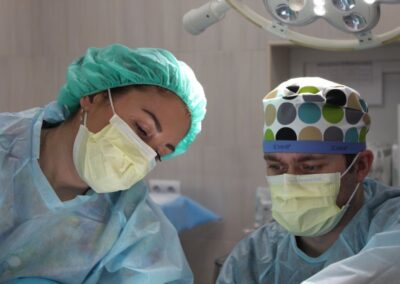When I speak to health care executives at conferences, I enjoy posing two situations to the attendees:
Looking at the administrators, I say “If a physician tells you I have done it this way for twenty years, I hope it scares the heck out of you”. I then address the physicians and say, “Docs, if an administrator tells you I have done it this way for twenty years, it should equally scare the heck out of you”.
Attendees generally laugh, but my point is established. The fact is, given the rate health care is changing, old methods, even if successful for many years, often have to be thrown by the wayside in favor of newer, more innovative approaches. It is natural to become comfortable with the management styles that we have developed over the years. Especially, when they have been successful, it is very difficult to move outside the established comfort zones and entertain new thoughts, new ideas and new ways of doing things.
In order to get to senior management levels in health care, many administrators have been in the field over twenty years. Experience is highly valued in health care. It is one of the top criteria that is considered for recruiting executive positions. By comparison, in other fields such as high tech, there are many successful CEO’s that are barely twenty years old!
Benjamin Franklin said that “when you are finished changing, you are finished!”. Health care as all industries will always be in a state of change. That rate of change will likely accelerate over the next few years. It calls to question the very value of experience. Just because we used to do something one way does not mean we should continue to do so. Many, many times I have been reminded that if you have seen one health care institution, you have seen one health care institution!
Innovation tends to be unexpected and disruptive, two adjectives that historically have not sat well with physicians and health care executives. Much like turning the aircraft carrier, the larger the health care entity, the more difficult it is to change. Not surprisingly, flexibility has not been one of the strong points in health care over the years.
Time can produce blind spots in one’s management style. Particularly if one has been successful, these blind spots can be ignored. Only through the infusion of new thoughts and new ideas can one stay on top of the “state of the art”. And this is made worse with frequent, unpredictable change.
I currently use a marketing consultant. He is young, brilliant in marketing and social media, but has not had previous work in health care. One of the most enlightening experiences I have had was when I explained to him some of our pricing methodologies in the hospital. He then asked me, “Why do you do it this way? It does not make sense to me”. I simply told him that’s how we’ve always done it in health care.
Point made!!
In some ways, the process of change may be one of the most formidable obstacles that we face in health care administration. We need to embrace the possibility of change now more than ever before. I recommend to both physicians and administrators to remain flexible and stay open to new ideas and new thoughts. Seek the input of intelligent, insightful people who may not have any background in medicine or health care, but have the objectivity that we can lose over time.
Never be in the position to say “I have done it this way for twenty years”.




